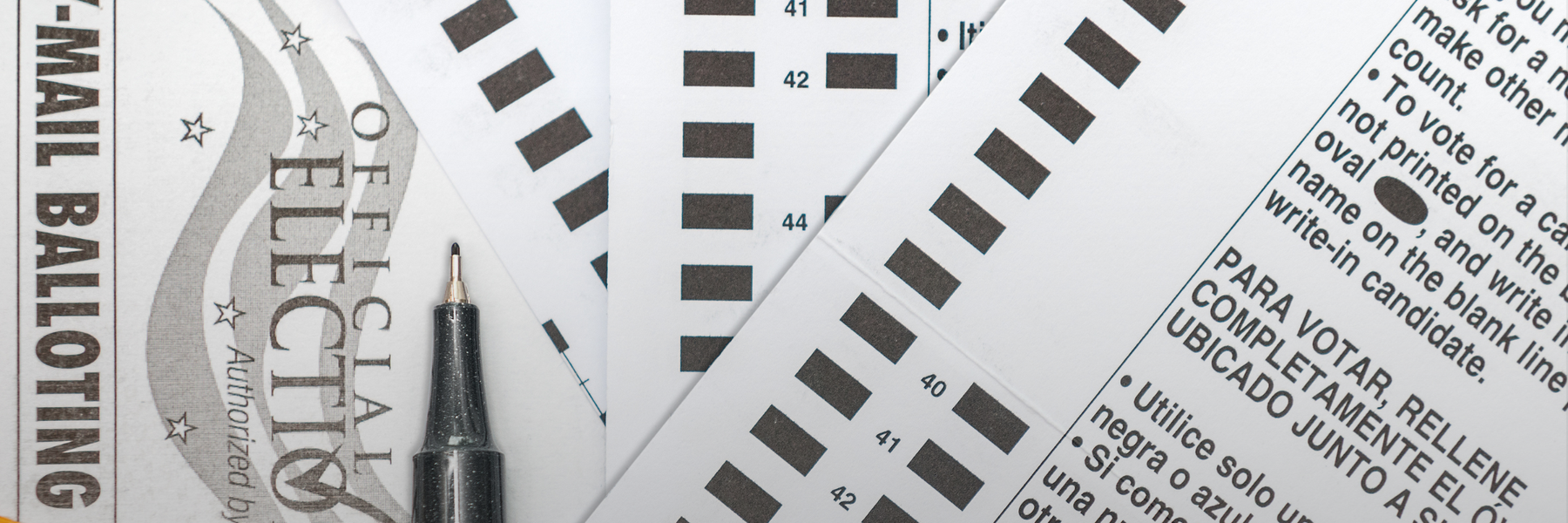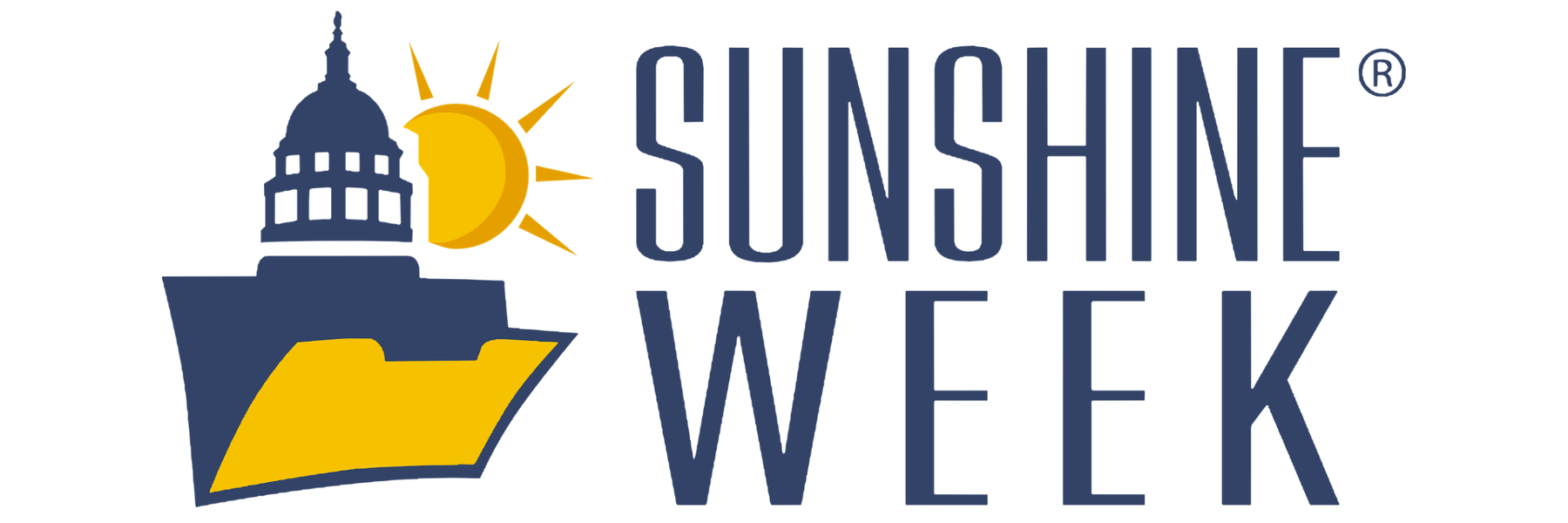With less than 100 days left until Election Day, election reporting is kicking into high gear, and that means giving the public more information about the candidates running for office.
Public records can help bring a candidate’s history into focus, helping audiences understand their professional, personal and political backgrounds - particularly their finances.
Personal financial disclosures can reveal a lot about a candidate, including personal ties to donors, income streams and legal history. The disclosures include income, assets, gifts, travel expenses, reimbursements and more.
For U.S. Congressional candidates, these personal financial disclosures can be requested through the House Office of the Clerk or the Senate Office of the Secretary.
If a candidate owns any businesses, each state’s Secretary of State will have records on its operations and license. A search on the office’s website can verify claims a candidate has made about their business.
To get more tips and resources for election reporting, Sunlight Search and MuckRock are offering training sessions on techniques to help newsrooms background candidates and elected officials. To get your newsroom up to speed for this election season, MuckRock will also offer trainees a free premium account through November.
The training is free for small or nonprofit newsrooms via the Knight Election Hub, so check the eligibility requirements and apply through your MuckRock account today. If you’re having trouble applying, reach out to info@muckrock.com.
The Update
-
Brechner Center hiring outreach coordinator: The Brechner Freedom of Information Project is hiring an outreach coordinator to help plan Sunshine Week, provide education in FOI and produce digital content for the Center. For more information about the position, contact Brechner FOI Project Director David Cuillier at cuillierd@ufl.edu.
-
Why governments keep information from the public: In a conversation with Lila LaHood, executive director of the San Francisco Public Press, journalist Miranda Spivack explained why the government might resist providing information to the public. Spivack also recently dropped by MuckRock’s FOIA Friday session to discuss government transparency when businesses and nonprofits are involved.
-
New public record? While Team USA is dominating at the Paris Olympics, the University of Wisconsin-Madison may have achieved a new record in fulfilling a public records request. Capital Times reporter Becky Jacobs submitted a public records request with the university at 12:11 P.M. and received the records by 12:36 P.M.
FOIA Finds
-
Records reveal how Atlanta police monitored political activists: The Brennan Center for Justice obtained over 2,300 pages of internal intelligence reports and emails from the Atlanta Police Department that showed how the department monitored opponents of the construction of a police training facility that activists call “Cop City,” reports Spencer Reynolds and José Guillermo Gutiérrez. The Center has uploaded the documents for the public to view on DocumentCloud.
-
How one Colorado newsroom successful fought ‘excessive’ redactions: After receiving heavily blacked-out copies of records concerning excessive-force allegations against officers, the Ouray County Plaindealer, with the help of Colorado Freedom of Information Coalition president Steve Zansberg, obtained less redacted versions of the records from the town of Ouray.
-
How a small group of researchers dominate the declassification appeals process: author Erik Larsen is among the declassification appellants with the largest number of pending cases, according to the latest Appeal Log released by The Interagency Security Classification Appeals Panel.




